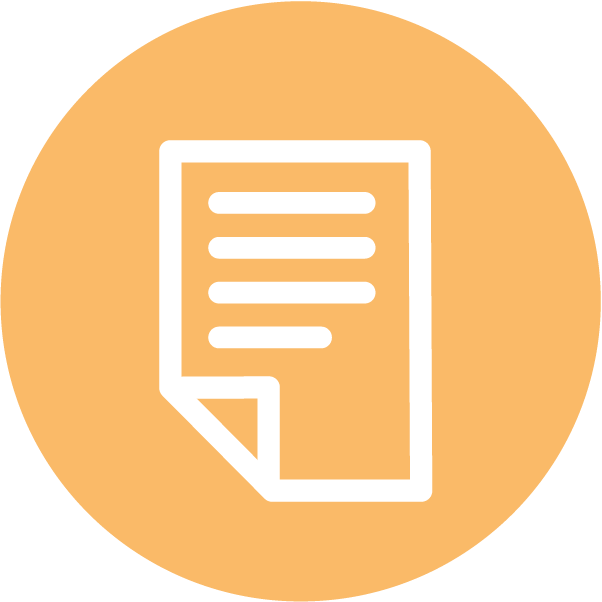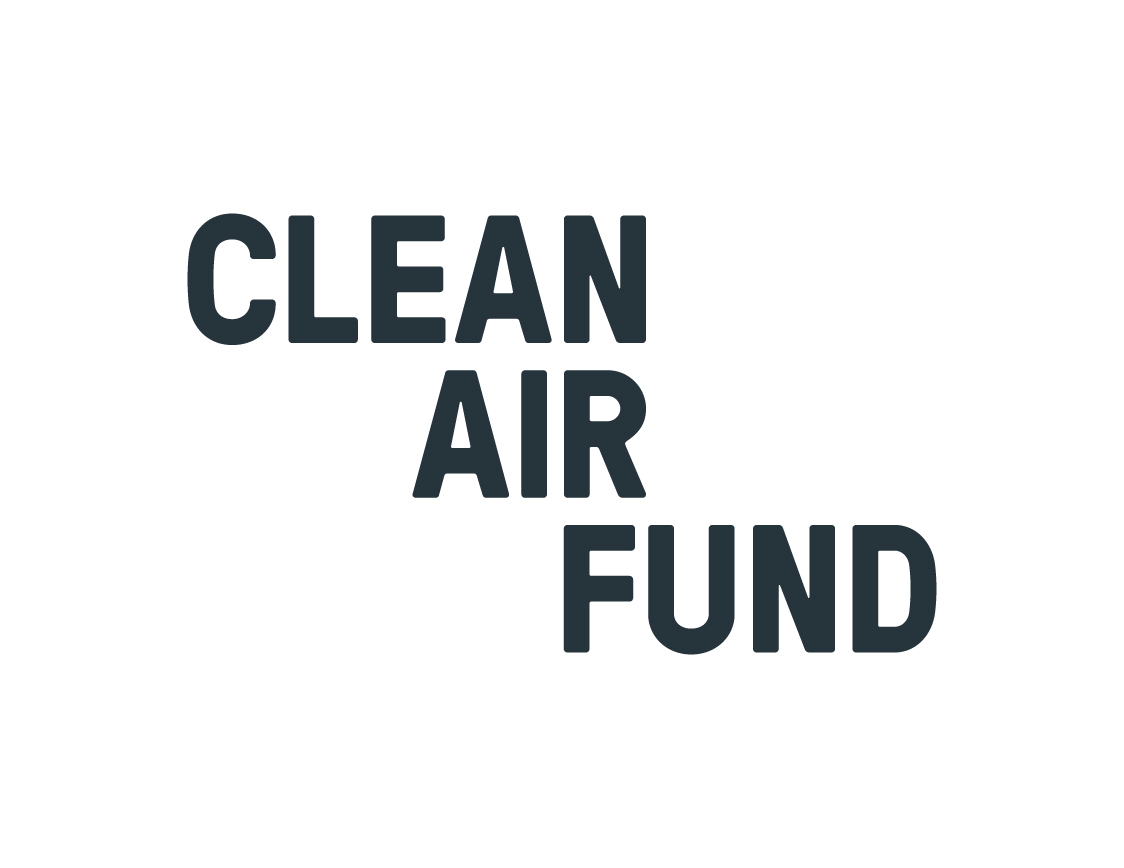
AirHealth: Strengthening Germany’s air quality policy to protect public health
Air pollution is the greatest environmental health risk in Europe. Each year, exposure to air pollution leads to approximately half a million premature deaths, mainly from non-communicable diseases such as chronic obstructive pulmonary disease (COPD), strokes, lung cancer, and ischemic heart disease. Moreover, air pollution greatly contributes to the overall disease burden, incurs substantial economic costs, and damages the environment. Air pollution also plays a role in driving climate change, which, in turn, exacerbates air pollution — for instance, through more frequent heatwaves and worsening air quality.
In light of this, the European Commission presented a proposal to revise the EU Ambient Air Quality Directive in October 2022. This proposal includes stricter limits that are informed by, but do not fully adopt, the World Health Organization’s (WHO) 2021 guidelines. The revised Air Quality Directive was adopted on 14 October 2024.
As part of the project we examined the role of the German government in the revision and implementation of the EU Ambient Air Quality Directive (AAQD). A key aspect of the project was an analysis of political developments in Germany and the EU concerning this directive, along with the corresponding frameworks and measures. Central to this effort was fostering collaboration between environmental organisations, scientists, relevant authorities, and health associations. To facilitate this, we convened these stakeholders at a hybrid roundtable in October 2023 and a specialist conference at the ProjectCenter Berlin in May 2024. We also published a short policy brief summarising the key elements of the revised Directive in June 2024 and a longer policy brief, including a legal analysis by ClientEarth, on 14 October 2024.
The AirHealth project demonstrates how CPHP, as a think tank, accompanies political processes, thereby contributing to the socio-ecological transformation.
Project aims
The aim of the project was to develop practical recommendations, discuss them with decision-makers, and provide them with well-founded, evidence-based policy advice. In this way, we seek to empower and motivate policymakers to advocate for stronger air quality standards in the EU and to ensure their effective implementation at the national level.
Additionally, the project aimed to raise awareness among decision-makers and the public about the impact of poor air quality, emphasising the importance of the revised AAQD and its prompt implementation to highlight the positive effects of improved air quality. Thus, the overarching goal of the project was to protect the health of the German population from the harmful effects of air pollution and thereby reduce the overall disease burden.
Methods
The project was divided into two phases. Initially, a literature review was conducted to assess the current state of knowledge on the topic, with the aim of highlighting the health and economic benefits of the revised AAQD. These findings served as the foundation for policy recommendations, which were then discussed with key stakeholders from politics, academia, and public administration.
At the same time, we closely monitored and analysed the ongoing developments at both national and EU levels. The project team also participated in various events related to air quality, engaging in regular exchanges with different stakeholders.
During the second phase of the project, CPHP organised several events to establish a network of scientists, environmental organisations, relevant authorities, health associations, and policymakers. This network aims to support and promote the revision and implementation of the new directive across their respective sectors. Additionally, CPHP drafted a policy brief containing several recommendations, which was disseminated through CPHP’s network.
Following the final vote in the Council of Ministers and the EU Parliament, we published a more detailed policy brief on the topic, which also incorporated a legal perspective from the environmental law organisation ClientEarth.




